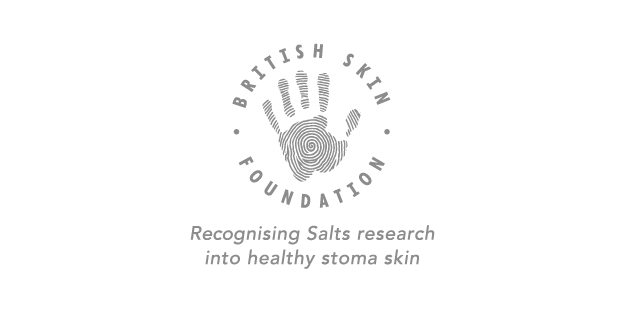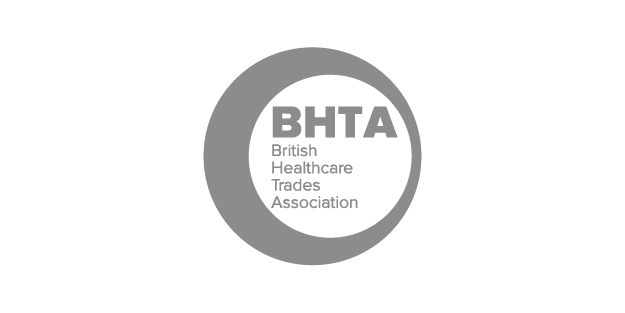So Penny, how did the collaboration between the Salts Academy and De Montfort University start all those years ago?
I had been teaching and lecturing at De Montfort for 14 years at the time, mostly in pre-registration nursing. I was initially approached by Jo and Kate, the two Nurse Managers at Salts at the time as well as Jean Ross, also of the Nurse Team, who had previously run a similar module at Bradford. I knew Kate when she was nursing in Glenfield Hospital, Leicester, and then in the community. So we discussed the requirements of the module and how we would go about it. This was something new for De Montfort: we hadn’t done anything like this working with a company previously. I understand it was a first for Salts Healthcare also.
We had an awful lot of meetings, made all the plans, located suitable speakers, set a date and then held our breath and off we went! Thankfully it was a great success and has continued to be ever since. I was delighted to start working with Angie in 2019, as I knew her from delivering her expertise on the course previously and her support in joining us for the formal assessments on the course.
At the time we understand there was a gap in this type of course being provided – how did it feel to be part of the team delivering the course?
Yes that’s right, following the changes in 1992 when all nurse training became degree-linked and moved out of the NHS and into Universities, there had been Post Registration courses in stoma care but it was a little sporadic around the UK and not run in many places. Sadly when the English National Board ceased to exist, there was a gap in the provision of specialist stoma nursing education so it was wonderful to be able to offer the module.
We really wanted to offer something that was credited, to get the specialist education of Stoma Care Nurses back on the agenda, make it formal and validated.
How important is it to be providing Stoma Care Education to NHS nurses?
I believe it’s hugely important to continue to ensure we have specialist nursing education. Due to the major challenges with the workforce in the NHS, there has been something of a trend for roles to be made more generic. Sometimes specialist nurses can be requested to go and work more generally in other areas and their posts are left vacant. However, a patient who is going for stoma surgery really needs the specialist knowledge and support of a Stoma Care Nurse rather than a more general nurse.
We know the module helps delegates to go back to their managers and request others in their teams are also trained, it’s so important.
What type of topics are covered within the course?
There are obviously stoma care topics covered, but we also include a wider range of subjects which offers further understanding for the nurse. This includes pharmacology, nutrition and dietician, a sex therapist, consultant radiologist, a consultant colorectal surgeon, cultural issues in having a stoma and living with dementia.
I tend to focus on supporting the delegates with their assignment work and Angie delivers specialist stoma content.
What is the difference between the degree and masters level courses?
All of the students are taught together, they receive the same content. However, for their assignment and presentation we have higher expectations for the Masters level delegates. It requires more critical and in-depth analysis than the degree level.
Why do you think the course has been such a success?
We have excellent attendance on the module, and I think students are coming out of their busy clinical practice into a neutral environment, they get to meet with like-minded stoma care specialists and discuss practice with others.
For me personally, it’s been extremely interesting gaining insight from a manufacturing business that’s involved in education. In fact, DMU is now using the template for this module with other healthcare providers to deliver education in critical care and peri-operative care. It’s been another unforeseen positive outcome!
It’s wonderful seeing the students coming in, completing the module and then continuing with their patient care. Quite a few have gone on to other Masters level studies and one a PhD. We also have quite a range of publications by past students – we encourage our students to use their assessment work to go on and publish.
How have you found working with the team at Salts Healthcare?
It’s been an absolute pleasure to meet everyone and work alongside the team. It’s the part of my work I enjoy the most! Angie has an immense amount of experience in stoma care, and an amazing network of interesting contacts, many of whom come to talk on the course. Now of course we have the core textbook she has collaboratively edited and published recently. We hope to have this available in e-learning format via the university soon.
Louise’s consistency and hard work has seen us through all of the challenges and changes the pandemic brought (we delivered two courses virtually in Autumn 2020 and Spring 2021) and moved venues twice. She’s extremely well organised and keeps us all in order.
It’s also lovely to have a number of the Medilink® nurses speaking on the course, some of whom previously attended the course.
What did you think of the new Salts Academy facilities when opened last year?
It’s amazing – such a high quality space, which is important for the delivery of education. You’ve got all of the tech available – total control over temperature, blinds, lighting and the display equipment – and all in such a beautiful environment. I believe it tells the students how valued they are. It’s a professional learning space which subconsciously supports concentration and attention.
The support and back-up at the Academy is fantastic. I was actually asked from an education point of view what was needed in the new space during the development process: something I was delighted to be involved in.








